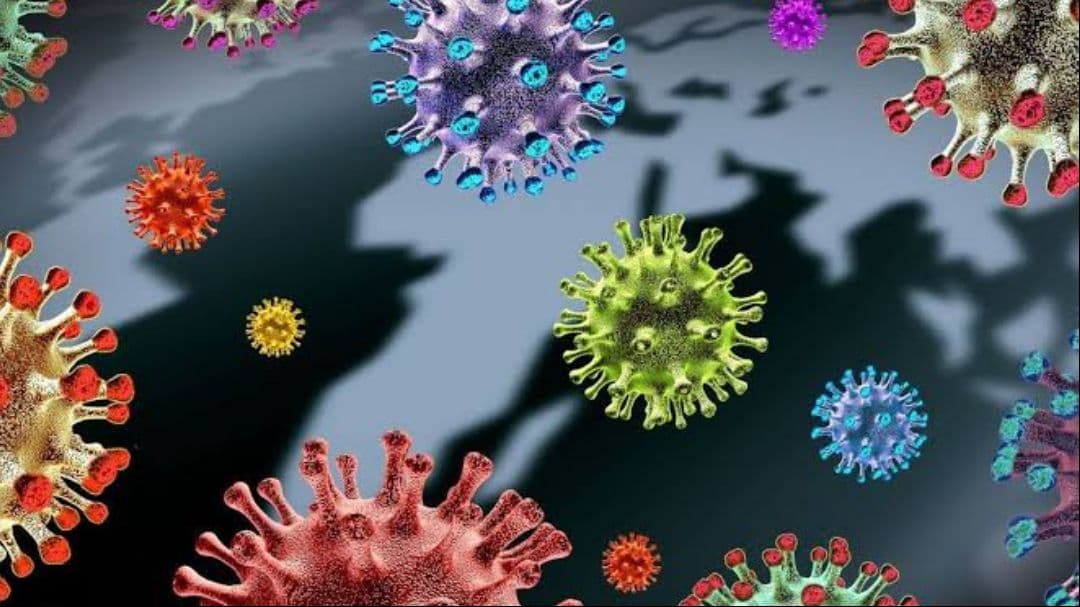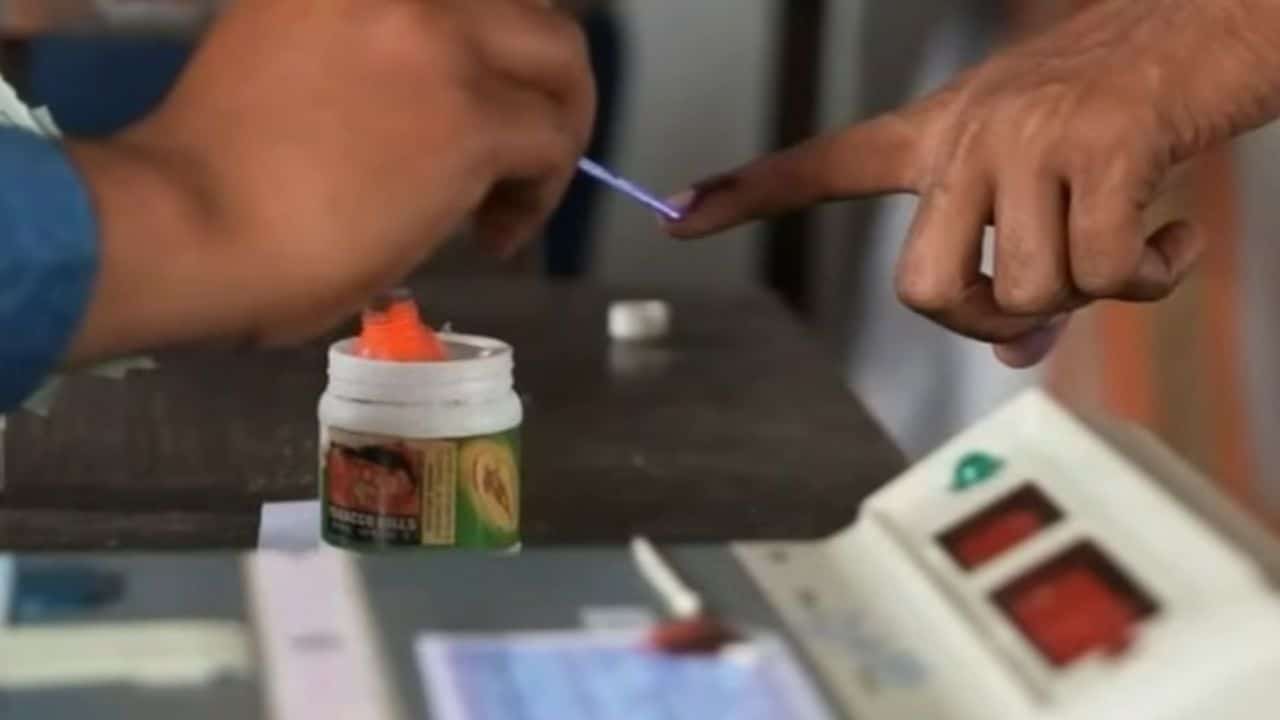COVID-19 poses a larger risk of symptoms than certain rare vaccine effects, according to two different vaccine studies.
According to a study conducted by Israel’s Clalit Research Institute in Tel Aviv, whereas the Pfizer/BioNTech increases the chance of myocarditis, or heart inflammation, catching COVID-19 really increases the risk of heart inflammation.
Researchers studied approximately 2 million people, some of whom were vaccinated, others who were not, and some of whom had COVID-19 and others who did not, and followed the vaccinated for 42 days following their first injection. They also tracked persons with COVID-19 and compared the two groups.
The study discovered that mRNA vaccinations increased the risk of myocarditis by 1 to 5 occurrences per 100,000 people. The presence of COVID-19, on the other hand, increased the risk even more, with 11 occurrences per 100,000 people.
Dr. Sean T. Liu, who was not involved in the study, told CBS News, “Myocarditis is inflammation of the heart muscle.” While the risk of myocarditis is increased after receiving the vaccination, “the dangers of myocarditis are still under investigation and should be acknowledged but not raise panic,” according to Liu, an assistant professor of medicine and microbiology at Mount Sinai’s Icahn School of Medicine.
COVID-19 also “significantly increased” a number of other serious adverse events, according to the study, including acute kidney injury (125.4 events per 100,000 COVID-19 patients), pulmonary embolism (61.7 events per 100,000 COVID-19 patients), and deep-vein thrombosis (a serious blood clot condition) (43 events per 100,000 COVID-19 patients).
“COVID-19 is a dreadful illness. I’ve seen it rip apart families and kill my friends “Liu remarked. “Every medical procedure has both dangers and advantages. COVID-19 immunization has undeniable benefits that outweigh the hazards.”
The study, which was published in the New England Journal of Medicine, also looked at the risk of other symptoms like lymphadenopathy, appendicitis, and herpes zoster infection in the vaccines versus COVID-19 infection, and found that the vaccine was not linked to an increased risk of most of the adverse events.
In fact, according to Grace Lee, a professor of pediatrics at Stanford University School of Medicine, the vaccine protected against several adverse events in the trial.
“What’s even more convincing about these findings is the vaccinations’ significant protective effect against adverse outcomes like acute renal injury, cerebral hemorrhage, and anemia, which is likely due to infection prevention,” Lee stated. “Furthermore, people infected with SARS-CoV-2 appeared to have a much higher risk of arrhythmia, myocardial infarction, deep-vein thrombosis, pulmonary embolism, pericarditis, intracerebral hemorrhage, and thrombocytopenia than people who got the BNT162b2 vaccine.”
COVID-19 has showed two main benefits of mRNA vaccinations, according to Lee in an email to CBS News.
“[For one,] working with mRNA vaccines is a lot faster than dealing with inactivated vaccines or other more traditional platforms,” she explained. “[Two,] mRNA vaccines have induced extraordinarily powerful immune responses,” says the researcher.
COVID-19 individuals have a higher risk of blood clots than people who have received the AstraZeneca or Pfizer vaccinations, according to another study from the United Kingdom. In contrast to the mRNA Pfizer and Moderna shots used in the United States, the AstraZeneca vaccine is a viral vector vaccine.
This study, which was published in the British Medical Journal, looked at 29 million persons who had been vaccinated and 1.7 million COVID-19 patients.
After the initial AstraZeneca and Pfizer shot, the researchers discovered a higher incidence of blood clot syndromes. After a first dose of both vaccines, there was also a higher risk of cerebral venous sinus thrombosis (CVST, or a blood clot in the brain’s venous sinuses), “which would be a possible signal, albeit numbers were modest and more confirmation is needed,” the researchers explain.
“The chances of these events following immunization were substantially lower than those associated with SARS-CoV-2 infection in the same population,” the researchers said.
Apart from this, you can also read Entertainment, Tech, and Health related articles here: Fever Dream, Moon water, Oppo Reno 6 Pro Review, iPhone Headphones, Best gaming desks, TheWiSpy Review, Spanish Movies, hip dips, M4ufree, Xiaomi Mi 11 Ultra Review, Pulse Oximeter, Google Pixel 5a Review, NBA Stream XYZ, CCleaner Browser review, Avocado Calories, Bear Grylls net worth, Rihanna net worth 2021, Dry white wine, Highest Paid CEO, The 100 season 8, Sundar Pichai net worth, Legacies Season 2, Grimes net worth, Oscar Isaac height, Arnab Goswami Salary, Bhushan Kumar net worth, Prabhas wife name, Konosub season 3, Good Omens season 2, F95Zone, how to change MSI keyboard color, Microsoft Office Suite, how to block subreddits, How to Share Netflix Account, how to change Twitch name, The Last Airbender 2, Sherlock Season 5, Homeland cast, Now you see me, Love Alarm season 2, Young Justice season 4, Shield Hero season 2, Salvation season 3, the feed season 2, Taboo season 2, Jack Ryan season 3.







































